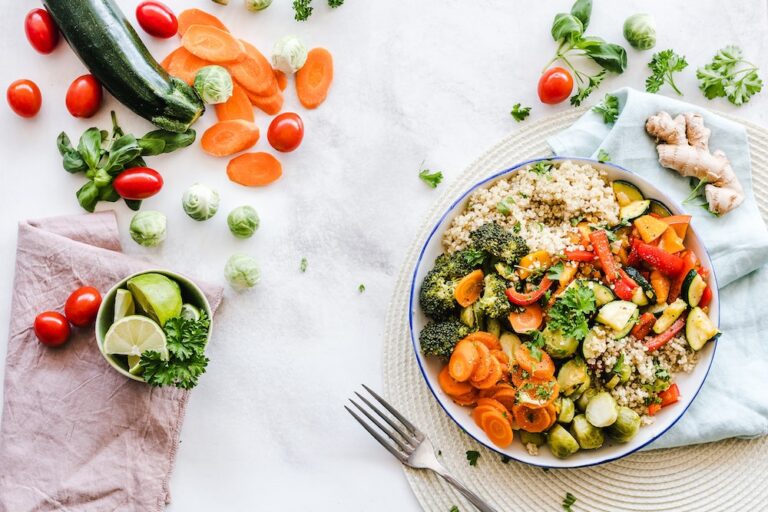Healthy Eating Tips for Seniors
The old saying goes, “you are what you eat.” And it’s true — good dietary choices are the foundation of good health. Making these choices becomes even more important the older you get. Our metabolism slows down with age, meaning that older adults require less calories but the same, if not more, nutrients to maintain our wellbeing. That’s why today, we’re sharing four healthy eating tips for seniors to keep you (and your diet) on the right path.
Prioritize getting your nutrients
The good news: nutrient-dense foods are often the lowest in calories. Avoid any empty carbs or calories, such as processed foods, and instead prioritize whole foods such as protein, produce and dairy. Pay specific attention to make sure you’re picking foods that are high in fiber and low in sodium and salt, too.
Eat the rainbow
Because our bodies require a broad spectrum of nutrients, the best way to ensure you’re hitting all the marks is to have your plate look like a rainbow. Bright, colored foods often signify good choices. Lean proteins include meat (or meat alternatives such as tofu and seitan, if you’re interested in pursuing a more plant-based diet) lentils, chickpeas, eggs and beans (these are your red foods). Fresh produce (fruits and vegetables) are the perfect source for your vibrant oranges, purples, reds and greens. Meanwhile, whole grains such as rice and whole wheat pasta are a good way to get brown on the plate.
Think good fats, not no fats
Fat isn’t a bad word. But bad fats, like saturated and trans fats, should be eliminated from your diet if possible. Try to focus on good fats instead, like monounsaturated and polyunsaturated fats which can help protect your body against disease and improve your mood. This includes avocado, olive oil, nuts and fish and other foods high in omega-3 fatty acids.
Drink more water
This is a simple, but important step. Staying properly hydrated can do wonders for your physical and mental health. If possible, avoid any fluids that have sugars or salts added in, and focus instead on just clean, healthy drinking water — tea and coffee are also good choices. Overall, aim to consume at least eight glasses of water a day to stay properly hydrated.
Eating healthy may seem daunting, but at the end of the day, it’s about knowing your body’s needs, and making one informed decision at a time.

